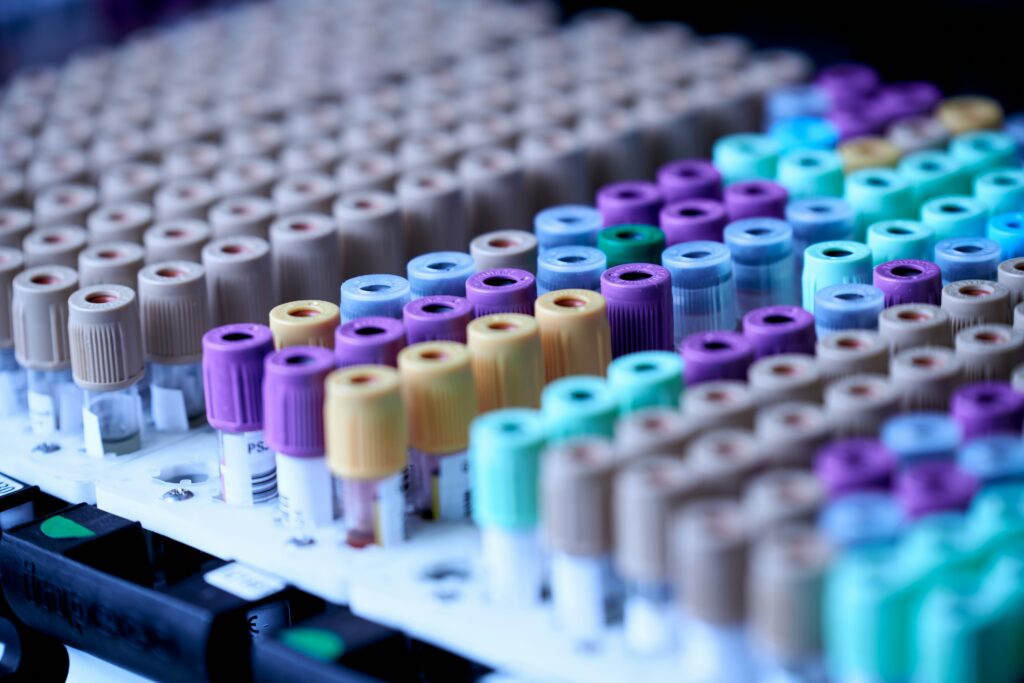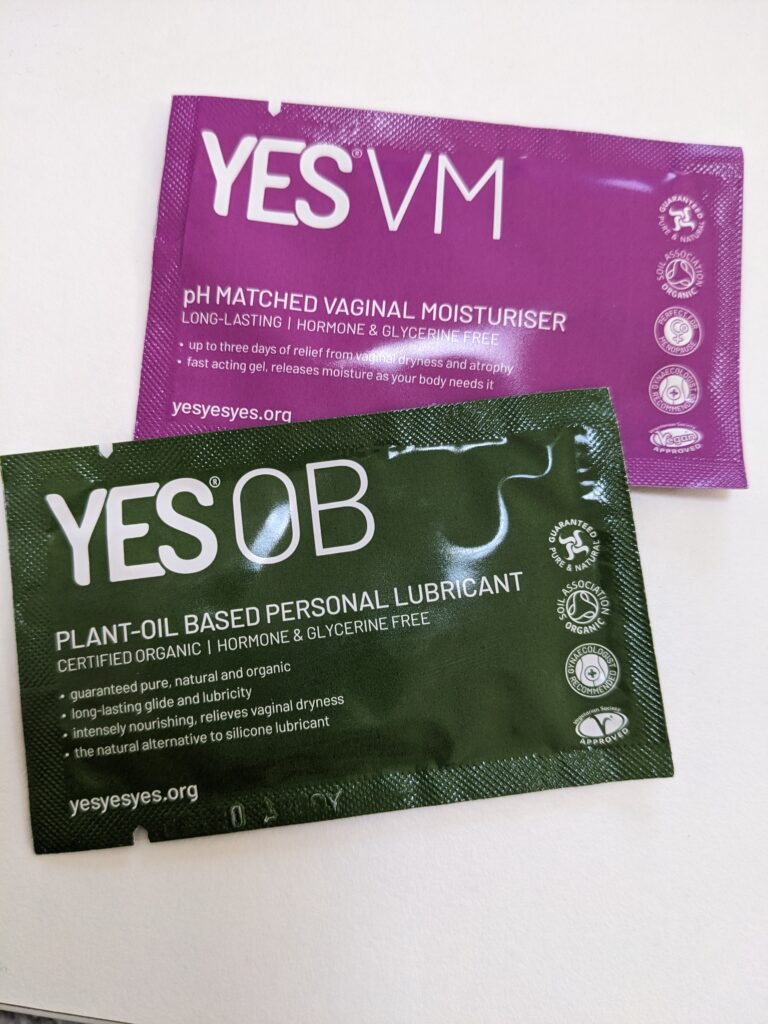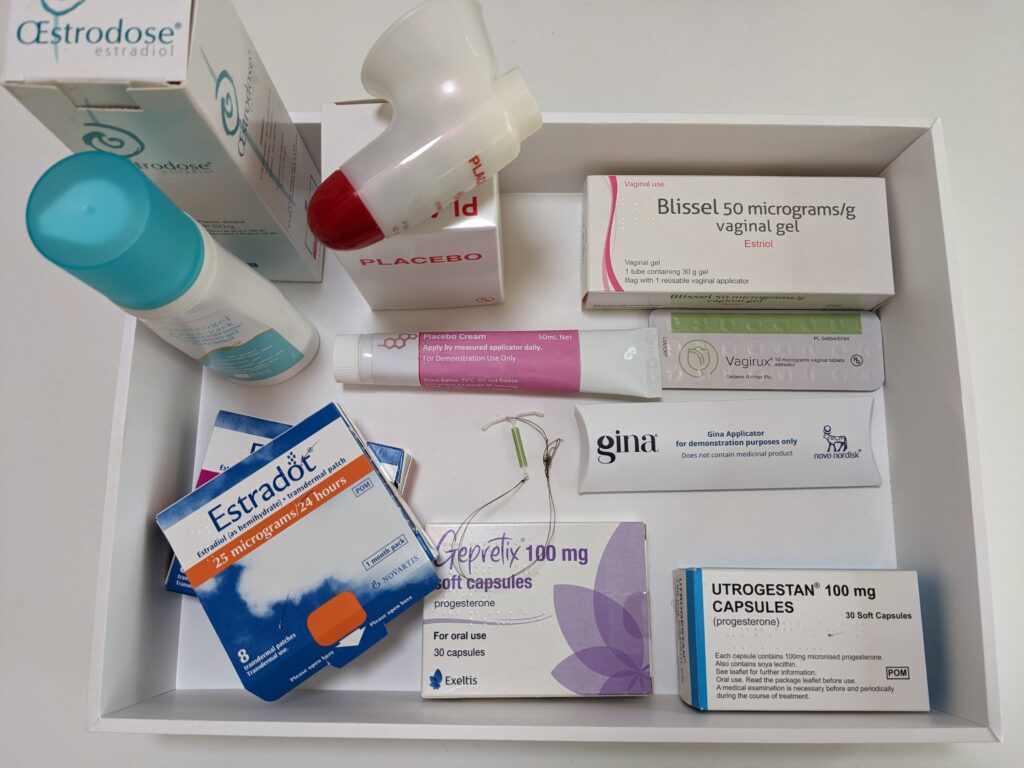Premature ovarian insufficiency (POI) is when menopause occurs before the age of 40. It affects 1 in 100 women under 40, 1 in 1000 under 30, and 1 in 10,000 women under 20.
Why does it happen?
For most, frustratingly, the cause is unknown, although there can be genetic causes for around 10% of women. POI can also be related to autoimmune conditions, and it can occur as a result of treatment such as surgery or chemotherapy.
How will I know if I have POI?

If you are having periods, they will become infrequent and stop, or may not return after pregnancy or when you stop using hormonal contraception. You may also recognise menopause symptoms, but not everyone with POI will always experience menopause symptoms. If we are in our 20s and experience symptoms like anxiety and disturbed sleep, we may be much less likely to consider menopause as the root cause of our symptoms.
If we are experiencing menopause symptoms after the age of 45, blood tests are not recommended, but if we are under 40, blood tests looking at hormone levels are essential. Blood tests are also recommended to consider other factors that may cause POI, and other things that can be linked with the potential longer-term impacts of POI.
What are the Potential Impacts of POI?
1. Fertility
- A diagnosis of POI can be devastating, particularly for those who wish to conceive. There is though, a chance of natural conception after POI.
- What you can do: Seek support from fertility specialists who can guide you through your options. HRT is not contraceptive. There are some types of HRT that are preferred if you are looking to try to conceive.

2. Sexual Health
- Sexual wellbeing and sexual function are often impacted, with symptoms like vaginal dryness being very common, and libido often being affected.
- What you can do: HRT with systemic oestrogen, local oestrogen and testosterone can help, as can non-hormonal moisturisers and lubricants. Some people also find it helpful to speak to a psychosexual counsellor.
3. Mental Health
- A POI diagnosis can be both isolating and overwhelming. Menopause is very much in the spotlight these days, but if you are 25 rather than 45, most of the information out there will not feel relevant to you.
- What you can do: Seek support from specific support groups like Mothering and the Menopause, and online communities like the Daisy Network to help manage the challenges of POI, with others who truly understand.

4. Heart and Brain Health
- When undiagnosed and untreated, POI increases your risk of developing cardiovascular disease and cognitive issues like dementia
- What you can do: If you can, use HRT until at least the natural age of menopause. Support sleep, nutrition, movement, and rest. Stop smoking if you smoke, and drink only in moderation. Keep an eye on your blood pressure and markers like blood glucose and cholesterol.
5. Bone Health
- When undiagnosed and untreated, POI increases the risk of osteoporosis and fractures.
- What you can do: Have a regular DEXA scan to assess your bone density. If you can, use HRT until at least the natural age of menopause. Stop smoking if you smoke, and drink only in moderation. Dietary calcium, Vitamin D supplements and progressive weight-bearing exercise also really support bone health.

HRT and POI:
- HRT is the key to managing POI symptoms and the longer-term health impacts. Even if you aren’t experiencing symptoms, HRT is recommended to support your heart, brain, and bones. There is no increased risk of breast cancer from HRT given before the expected age of menopause.
- The COC (combined oral contraceptive pill) is another option that can also support symptoms and longer-term health, with the addition of contraceptive cover.
Take Care of You:
POI can feel extremely isolating, but you’re not alone. With the right support, treatment, and lifestyle changes, you can manage the physical and emotional challenges that come with it. Be sure to reach out to healthcare professionals who understand POI and make use of the resources available to you. Here at Rethink, I offer personalised menopause consultations and health checks, looking not only at how to support your symptoms but also to protect your longer-term health and wellbeing.

